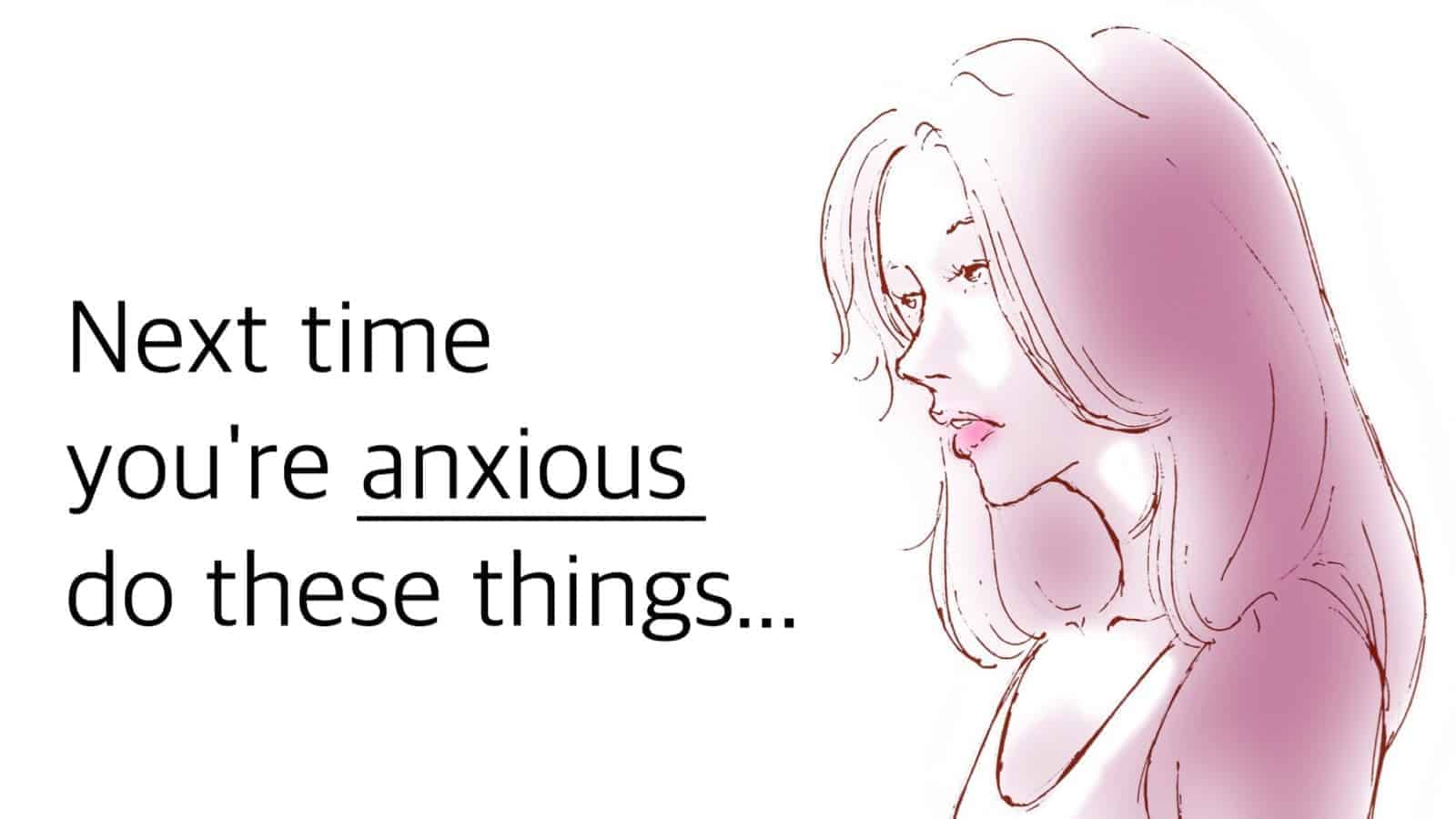Separation anxiety is very common with infants and normally stops at about three years of age. However, sometimes separation anxiety will continue to develop, and only get stronger with age. Dubbed “adult separation anxiety” (also known as separation anxiety disorder), we don’t know all the causes for adult separation anxiety. However, the initial anxiety often begins to develop in childhood.
Women more common suffer from this disorder than men. What is more, people often confuse its symptoms with those of generalized anxiety disorder. You might find family members, significant others, or friends affected by separation anxiety. Try not to be scared of this difficulty with a loved one. You can help people who suffer from this form of anxiety. They need support from their loved ones to overcome the obstacles their mind has created.
Most people who suffer from separation anxiety are also often scared. They might feel confusion about their intense fears. They frequently choose not to share their pain with anyone else, which only makes their symptoms worse. That’s why it’s important to learn to recognize the signs of separation anxiety. Take a look at some key symptoms to look out for – and what you can do to help.
Here Are 5 Signs Someone Has Separation Anxiety
1. Fear for the safety of loved ones.
The unfounded fear that a loved one will be abducted, murdered, or hurt in some other way is the most telling sign of separation anxiety. We’re not talking about a general worry of someone coming home safely if they’re out after dark. We’re talking about paralyzing, mind-numbing fear that something will happen to loved ones. They suffer from this fear constantly.
The key to helping someone who’s struggling with that fear is to help them overcome it gradually. Encourage them to do some positive thinking. Reassure them that whoever it is they’re worried about is okay. Call them if you need to. Tangible proof works best in dismantling this symptom of separation anxiety.
2. Refusal to leave the proximity of loved ones
Mostly spurred on from the first symptom, people suffering from separation anxiety often don’t want to let you out of their sight – quite literally. They insist upon knowing where you are and what you’re doing every minute of every day. You can probably recognize this as one of the most telling symptoms of separation anxiety. Many people can easily misunderstand this symptom, however.
People often feel aggravated by anxiety sufferers. You can find a better, healthier way to deal with this than frustration. Try to gradually reduce your distance from the anxiety sufferer. Start by leaving them for half an hour at a time, then increase it to an hour. You can move up to half a day, and then a whole day. Your goal is getting them used to the fact that even if they can’t see you constantly, they’ll be okay. They will come to understand that you’ll be okay, too.
“Try to [pry] a limpet away from its rock and it will cling all the harder.” ? Jeremy Holmes
3. Trouble sleeping alone
An anxious person is not only troubled by paranoid thoughts, but they also feel the adverse effects of insomnia on brain function. They find it hard to go to sleep without the person they’re accustomed to sleeping next to. This can result in late-night phone calls and added tension in their relationship with that person.
The way to overcome this is to practice mindfulness and meditation techniques, both of which are very effective in easing anxiety and reducing insomnia. Additionally, sensory stimulus – such as that person’s perfume, or their shirt – might help the anxious person feel more supported.
4. Fake physical complaints to avoid separation
The person suffering from separation anxiety will do everything they can to prevent the separation from happening – even lie. It’s often the case that when the separation seems imminent, they will invent some kind of physical ailment to keep the person they need nearby.
It’s the same logic as children pretending to be sick and missing school so they can stay home with their mom. Countering this is very hard; however, the key to preventing it is helping the anxious person create a relationship with someone else during the separation. It will show them that the person they are anxious about isn’t the only one who can help them with their anxiety.
5. Depression related to separation from a loved one
A common symptom relating to everything we described above is depression. When separated from the person they’re dependent on, anxiety sufferers will often fall into a pit of depression. They may refuse to get out of bed, eat, or shower.
Like all other depression, mere positive thinking won’t be able to help with this one. As hard as it seems, try to stay in contact with the anxious person. You can consider setting small daily tasks for them to do. For instance: get out of bed, do some work, shop for groceries, shower. The more routine they have, the easier it will be for them to adapt to life on their own.
Final thoughts
Separation anxiety is one of the most misunderstood mental illnesses in existence. It’s important to monitor those relationships and make sure that the anxious person doesn’t become too dependent on you. Remember, there is no shame in seeking professional help, too. Many forms of therapy can be beneficial for separation anxiety. Time will tell what the best solution is in your situation.
https://www.youtube.com/watch?v=olIfFhqowio















 Community
Community

